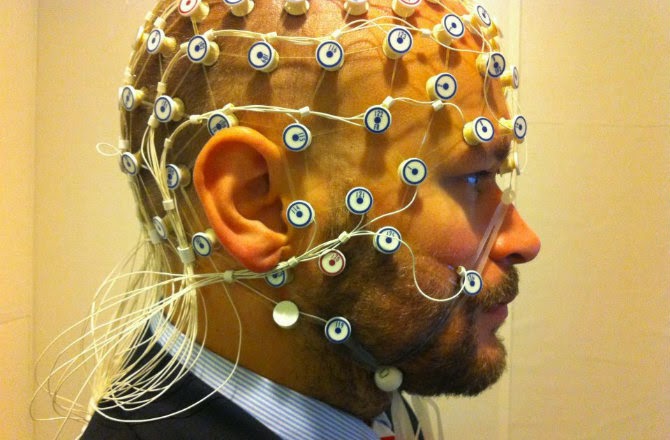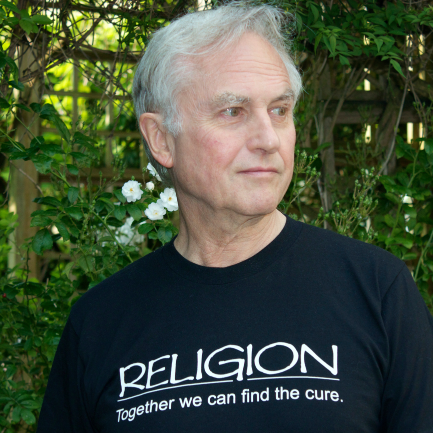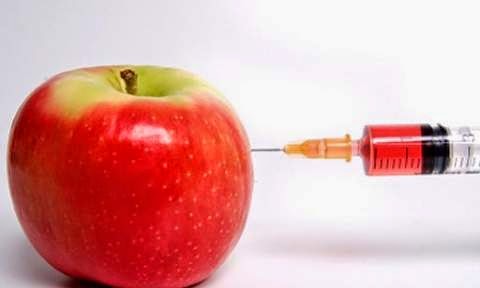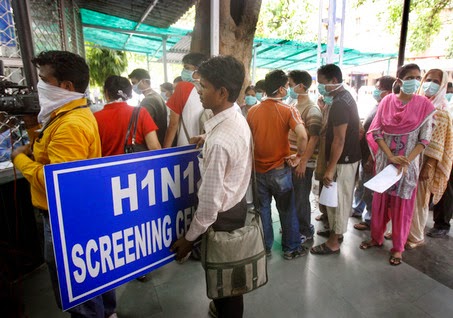Britain becomes first to allow babies with 3 genetic parents.

Britain has became the first country in the world to allow babies to be created with the DNA of three parents . The House of Lords voted Tuesday to approve the use of a groundbreaking and controversial in-vitro fertilization technique known as three-parent IVF. That followed a similar vote in the House of Commons earlier this month. The technique would likely only be used in about a dozen cases a year in the U.K. involving women with faulty mitochondria, the energy-producing structures outside a cell's nucleus. The genetic flaw can cause devastating inherited conditions in a woman's offspring including muscular dystrophy, mental retardation, and problems affecting the baby's heart and other vital organs. To prevent that, scientists remove the nucleus DNA from the mother's egg and insert it into a donor egg from which the nucleus DNA has been removed. The resulting embryo would end up with the nucleus DNA from its parents but the mitochondrial DNA from the don









